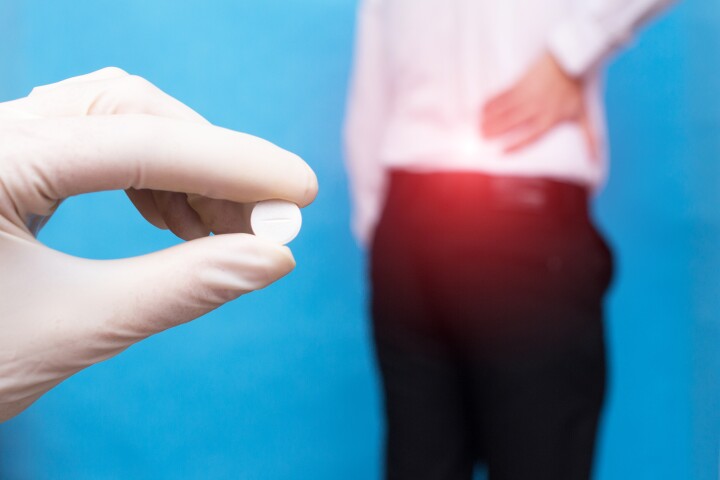Medication
-
There's been a staggering rise in the number of ADHD medication errors among US youth, most of which occurred at home, a study has found, highlighting the need for greater patient and caregiver education to avoid these preventable errors.
-
When someone is using antipsychotic drugs, it's important that they take the correct dosage, and that they don't abruptly stop taking the medication. Soon, a fingerprint sweat test could be used to check that such people are following instructions.
-
Round pills are easier to swallow, but that doesn’t offer much control in how they release their drug payload. Max Planck scientists have now developed a model for designing complex 3D-printable pill shapes that release drugs in a specific way.
-
Paracetamol and ibuprofen are among the world’s most common painkillers, but manufacturing them requires crude oil. Now, researchers have developed a more sustainable method, creating the drugs out of waste products from the paper industry.
-
Currently, if someone doesn't receive treatment within a few hours of suffering a stroke, their chances of recovery are greatly diminished. That may one day no longer be the case, however, thanks to newly developed nasal drops.
-
While many goods simply have to be kept frozen until use, some – such as certain vaccines – will break down even if they get warmed but remain frozen. An inexpensive new technology could alert people to the fact that this has happened.
-
While opioids are among the most powerful painkillers, they're also highly addictive, which makes them hard to get. A new finding may offer hope to pain patients in the form of powerful drugs that lack the most severe side effects of current options.
-
MIT scientists have developed a new wearable patch that can deliver drugs through the skin more efficiently and painlessly. The device uses pulses of ultrasound to pry open the skin, which could improve topical medications or even tattoos.
-
A common sleeping pill showed promise in combating the substances that lead to the harmful tangles and plaques in the brain that contribute to Alzheimer's disease, but larger, more comprehensive studies are needed to confirm the results.
-
Missing medications or not taking them as required can have costly results. Bioengineers at Rice University may have the solution to missed medications, using advanced technology to create a system that delivers time-released drugs.
-
A study of 15,000 adults suffering from acute lower back pain found that not only is the effectiveness of the medicines uncertain, but that the scientific evidence base used to inform good healthcare decisions is shockingly "fragile and incomplete."
-
In an ideal world, managing diabetes wouldn’t involve insulin injections but just popping a pill. Now a team of scientists has demonstrated an oral tablet that’s self-propelled by chemical “micromotors” to deliver insulin in the colon of rats.
Load More











